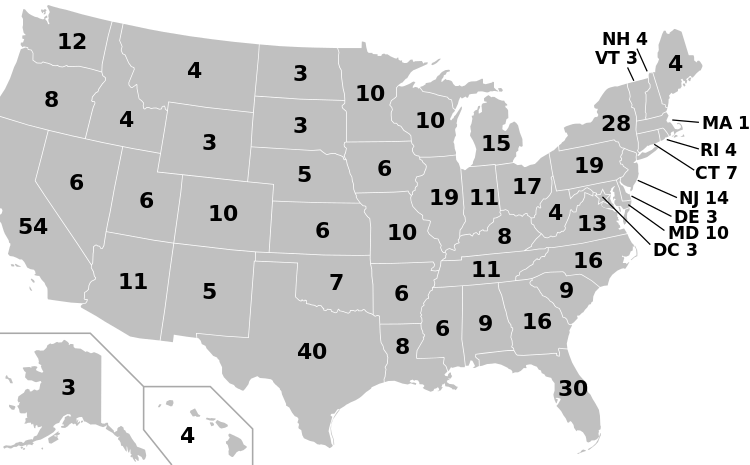Unraveling the complexities of Trump’s ties to Russia through McMaster’s eyes.
- H.R. McMaster struggled to discuss Russia with President Trump due to Trump’s fixation on the Mueller investigation.
- Trump’s belief in his ability to build a rapport with Putin led to clashes with McMaster.
- McMaster emphasized the need to counter Russian aggression, which angered Trump.
- The relationship deteriorated after McMaster’s comments on Russian election interference.
- Trump’s admiration for Putin and desire to maintain a positive relationship complicated U.S. foreign policy.
In his new memoir, H.R. McMaster, who served as President Donald Trump’s national security adviser, reveals the challenges he faced while discussing Russia and Vladimir Putin with the president. From the outset of his tenure in February 2017, McMaster found that Trump linked all discussions about Russia to the ongoing Mueller investigation into alleged collusion during the 2016 election. This fixation made it difficult for McMaster to address the real threats posed by the Kremlin. nnTrump, who considered himself a skilled dealmaker, believed he could foster a personal connection with Putin, despite the advice of foreign policy experts advocating for a tougher stance. McMaster notes that Putin exploited Trump’s ego and insecurities, showering him with praise that Trump seemed to crave. This dynamic was evident when Trump dismissed concerns about Putin’s violent actions, suggesting that the U.S. was not innocent either. nnThe relationship between McMaster and Trump reached a breaking point after the Munich Security Conference in February 2018, where McMaster highlighted the need to combat the proliferation of dangerous weapons and addressed Russian interference in the 2016 election. His comments about the Mueller investigation being ‘incontrovertible’ angered Trump, who felt contradicted and misrepresented. nnAs tensions escalated, McMaster pointed out that Putin was using Trump to undermine American democracy. This was further complicated by the poisoning of former Russian spy Sergei Skripal in the UK, which McMaster believed would be used by Putin to embarrass Trump. When Trump insisted on sending a note of praise to Putin, McMaster refused, citing the potential for it to be used against the president. nnDespite McMaster’s efforts to guide Trump on the implications of congratulating Putin on his election victory, Trump proceeded with the call, further straining their relationship. Ultimately, McMaster was replaced by John Bolton in March 2018, marking the end of his tenure as national security adviser. McMaster reflects on the challenges of navigating Trump’s foreign policy approach and the complexities of U.S.-Russia relations during his time in the White House.·
Factuality Level: 4
Factuality Justification: The article presents a personal account of H.R. McMaster’s experiences as national security adviser, which includes subjective interpretations and opinions about Donald Trump’s relationship with Vladimir Putin. It contains some factual information but is heavily laced with bias and personal perspective, presenting opinions as if they were universally accepted truths. Additionally, it includes some misleading statements regarding the Mueller investigation and the nature of Trump’s interactions with Russia, which detracts from its overall factuality.·
Noise Level: 4
Noise Justification: The article provides a personal account of H.R. McMaster’s experiences as national security adviser, detailing his interactions with President Trump regarding Russia. While it offers some insights into the complexities of U.S.-Russia relations and Trump’s approach, it largely reinforces existing narratives without deep analysis or new insights. The focus on personal anecdotes detracts from a broader understanding of systemic issues, and the article lacks scientific rigor and actionable solutions.·
Public Companies: News Corp (NWS)
Private Companies: Harper
Key People: H.R. McMaster (Former National Security Adviser), Donald Trump (Former President of the United States), Vladimir Putin (President of Russia), Robert Mueller (Special Counsel), Sergei Lavrov (Russian Foreign Minister), John Kelly (White House Chief of Staff), Alexei Navalny (Opposition Leader), John Bolton (Ambassador and National Security Adviser)
Financial Relevance: No
Financial Markets Impacted: The article discusses political dynamics and foreign relations but does not directly impact financial markets or companies.
Financial Rating Justification: The content primarily focuses on political events and personal experiences related to national security and foreign policy, without any direct implications for financial topics or markets.·
Presence Of Extreme Event: No
Nature Of Extreme Event: No
Impact Rating Of The Extreme Event: No
Extreme Rating Justification: The article discusses historical events and political dynamics but does not mention any extreme event that occurred in the last 48 hours.·
Move Size: No market move size mentioned.
Sector: All
Direction: Down
Magnitude: Large
Affected Instruments: Stocks
 www.wsj.com
www.wsj.com 





